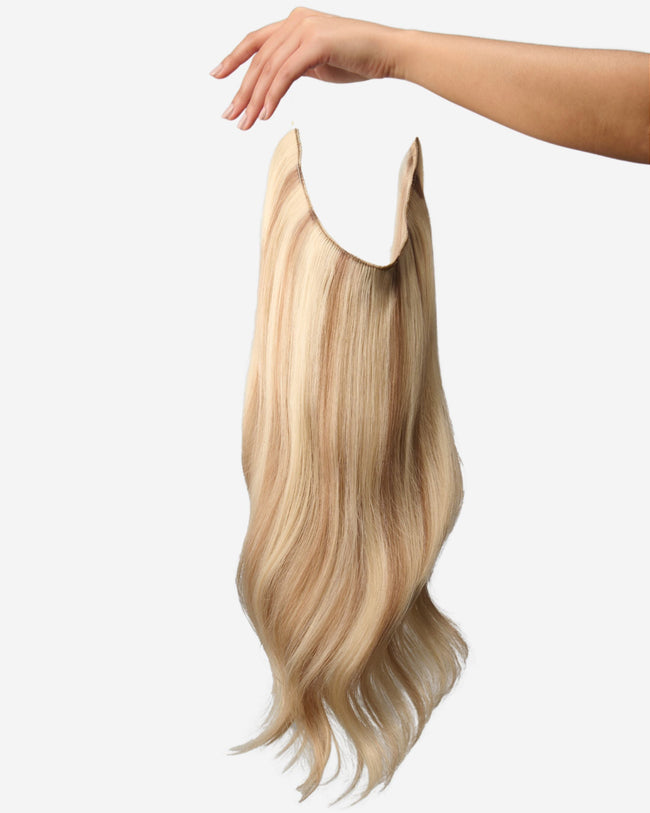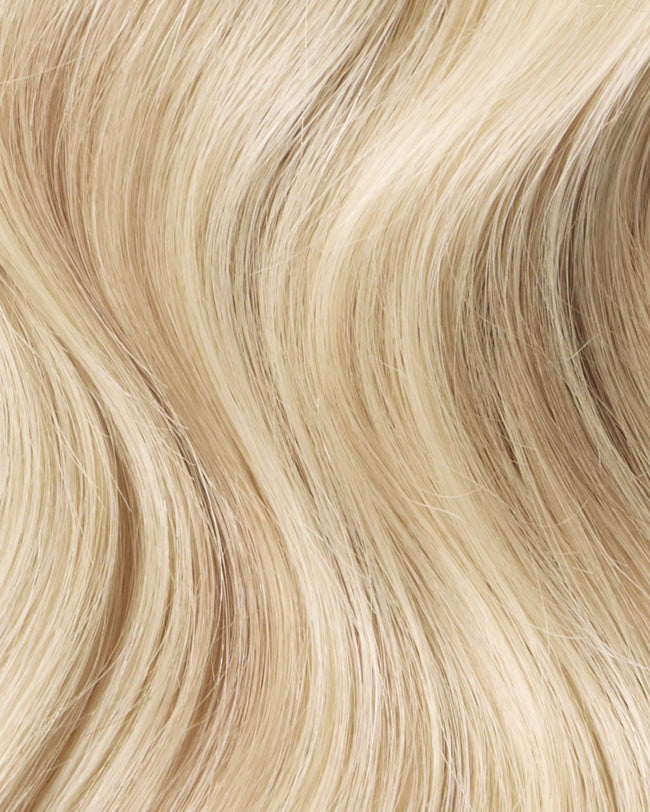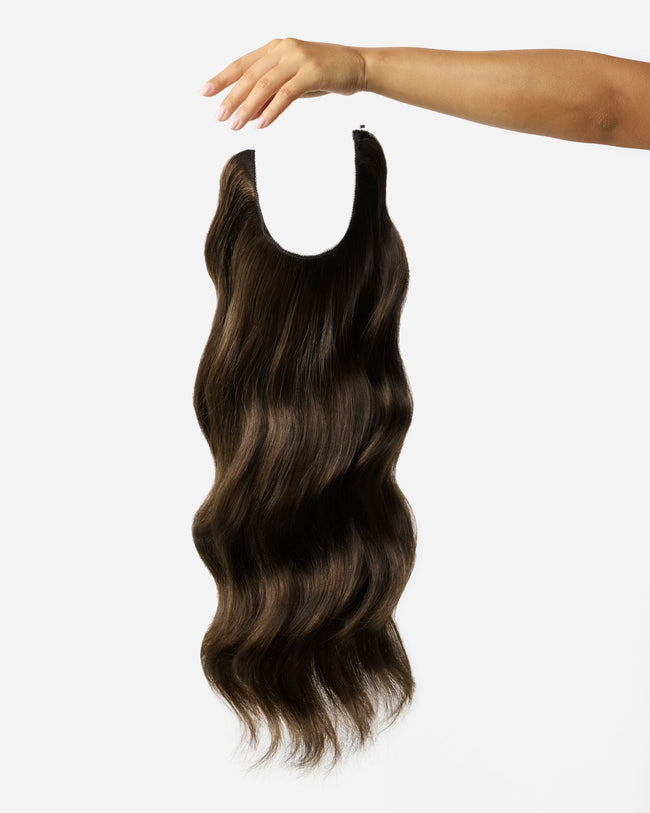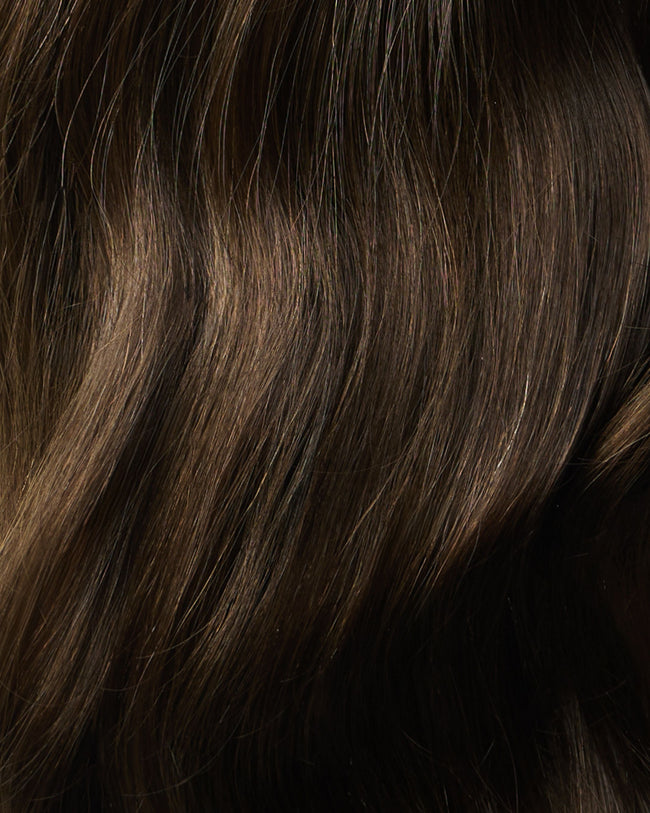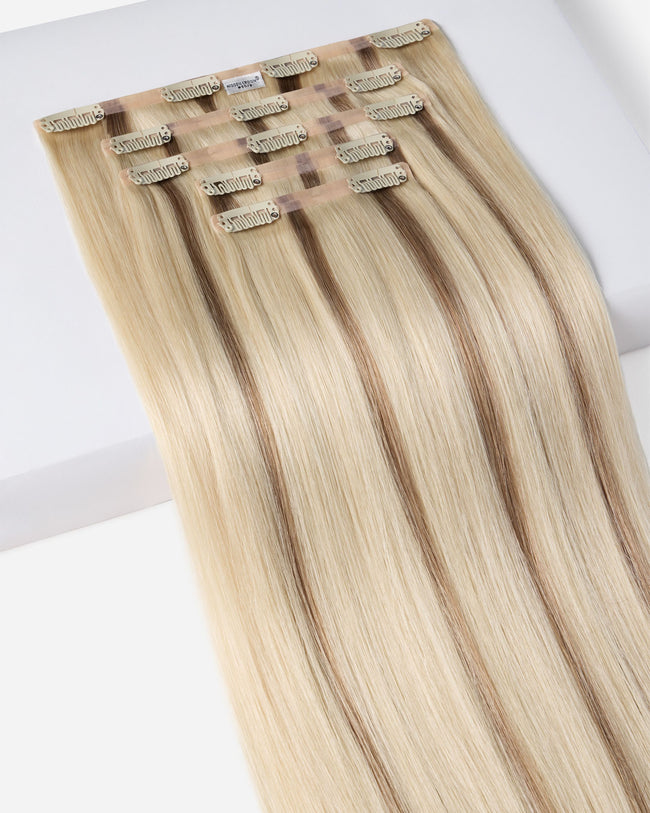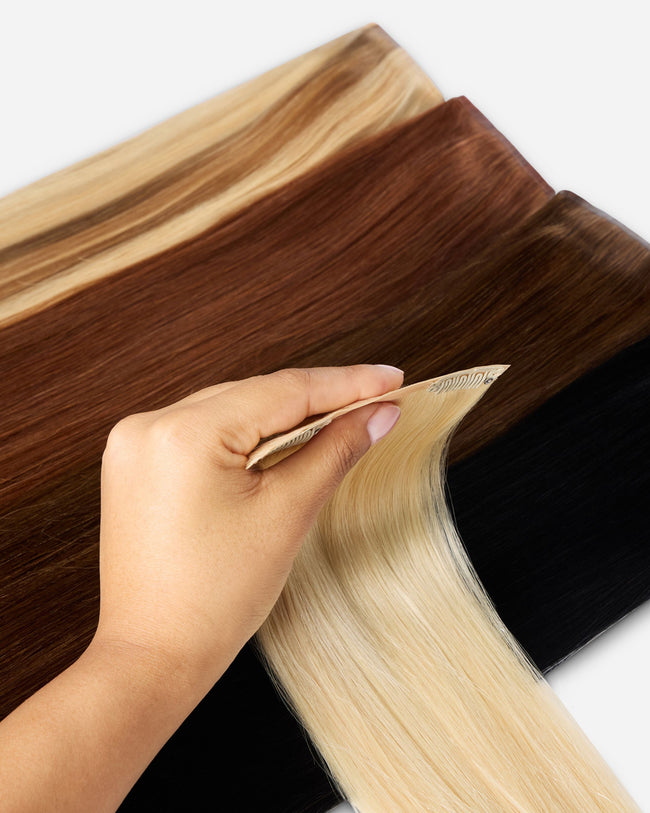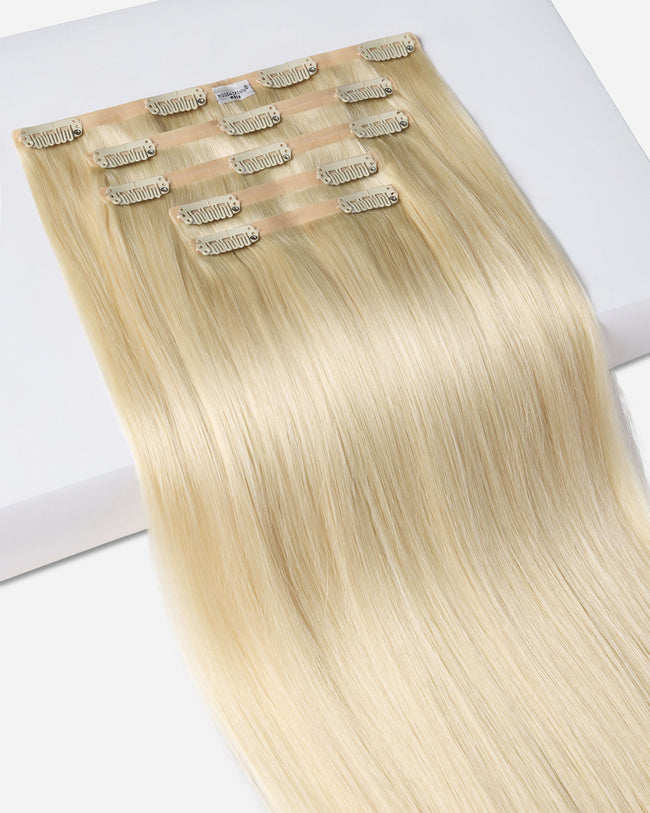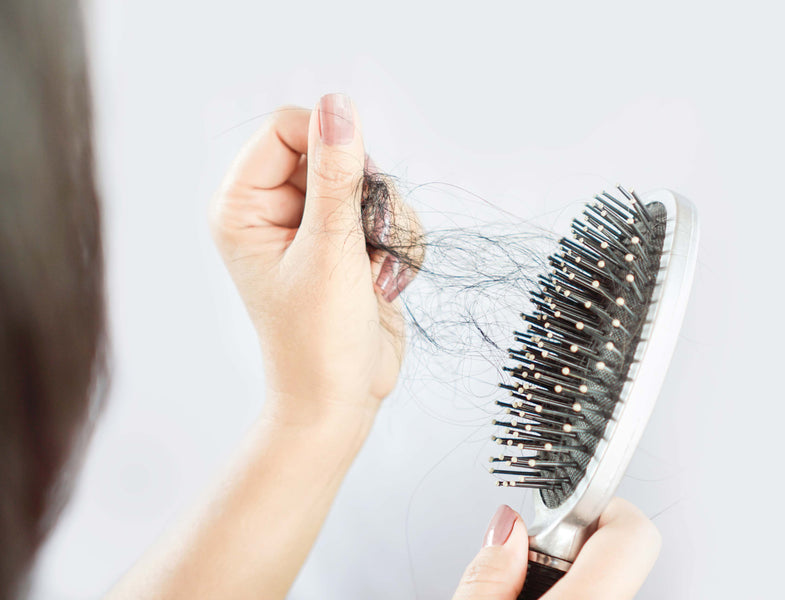
Covid-19 Related Hair Loss: What’s Going On and How to Cope
As if Covid-19 itself wasn’t bad enough, many people are seeking medical attention because their hair is falling out in clumps, leaving bare patches and panic in its wake, 3 to 5 months after being infected with the coronavirus. The high number of people reporting Covid-19 related hair loss has placed it amongst the top 15 side effects of the coronavirus. While there is no obvious reason why some people experience this hair loss while others are spared, there are in face medical explanations of what is happening, and the good news for most is that it is a temporary condition and within a year the hair should grow back.
Actress Alyssa Milano candidly tweeted about her own hair loss in August 2020 following about of Covid-19, and the response was immediate as so many of her followers were experiencing the same issue.

There are two outstanding factors that are contributing to this issue, one being extended periods of high fever during the coronavirus infection, and the other is the stress related to personally managing life during the pandemic. Knowing what could be causing your own hair loss is the first step in resolving it and creating a plan of action for yourself. By definition, hair loss is medically called “telogen effluvium (TE)” which means that the hair stops growing and goes into a resting phase, after which it falls out, often in clumps during brushing or left on the pillow after sleeping. Hair loss is common during periods of acute illness as the body is fighting infection, a virus, or in a state of recovery, and it spends less energy on hair growth which it considers non-essential to survival. So during that period the hair goes into TE and eventually falls out. Normally hair will begin to regrow within six months to a year after the body’s recovery.

The second contributing factor to Covid-19 related hair loss is the lengthy periods of stress we are all experiencing. The compounding effects of quarantining, isolation, jobs altered or lost, caring for family and friends, less exercise, a change in eating habits, and the lack of actual physical social communication has led to a loss of overall well-being. When our health suffers or is compromised the body prioritizes main organ functions in survival mode, leaving hair growth out of the picture. The hair goes into the telogen effluvium (resting) phase and falls out, adding to the stress of the situation in a sort of vicious cycle. Stress-related hair loss is common after a shock, grief, weight loss, poor nutrition, lack of movement, and depression. Taking care of your overall health can really make a difference, not just for your hair growth but for helping your body and mind cope, taking you out of survival mode and allowing yourself to be well.
The best first step to take to recover from hair loss is to consult with your doctor or dermatologist to get to the root - no pun intended - of the situation. Go sooner rather than later to determine the cause of the hair loss and to plan the right course of action for you. The doctor will want to rule out an iron deficiency or thyroid problem, both of which could lead to hair loss. This will require blood work and is essential to narrow down the cause of the issue. If it is determined that it is a result of Covid-19 infection and not an underlying health concern, patients can normally expect the hair to regrow within 6 to 9 months following the end of the infection as the body recovers.

If stress is the likely culprit there are many steps you can take to improve your overall health, all of which will take your body out of survival mode and into a more healthy, thriving state. The body will begin to move hair growth out of the TE resting phase and back into the growth phase. Our mental health has so much to do with how we manage stress, and meditation, therapy, and sleep have all proven to positively affect overall wellbeing.
Regular physical exercise and a diet rich in vegetables, fruits, and proteins are key to helping our bodies cope with stress. Vitamin D and biotin are also important to hair regrowth. People suffering from hair loss have had success using supplements such as Nutrafol which addresses many of its causes by addressing stress, nutrition, metabolism, hormones, and environmental factors, promoting general health and wellbeing. Self-Care is essential whether your hair loss is due to a Covid-19 infection or stress, and adapting these habits into your life will truly help you cope with not just the hair loss but the pandemic situation in general.

Waiting for hair to grow back is like, well, waiting for hair to grow back - tedious! Feeling like yourself again is so important to overall wellbeing, and hair loss, whatever its cause, is one of the most stressful things women will experience, as it is part of our identity and sense of self. Our Hidden Crown Toppers are a great solution to help conceal bare patches and irregular short hairs while the regrowth is taking place, adding volume and length. See our how-to videos along with our range of colors and base dimensions to find the perfect topper for you.
Good news take-away: Covid-19 related hair loss is temporary. Your hair will grow back. Take care of your health and be proactive in the recovery process and practice patience. Breathe.....
In the News: CTV: https://www.ctvnews.ca/health/coronavirus-patients-report-dramatic-hair- loss-months-after-diagnosis-1.5061274
Cleveland Clinic Report: https://consultqd.clevelandclinic.org/covid-19-related-hair-loss/
#covid19hairloss #coronavirushairloss #hairloss #covidsideeffects #hairlosssolutions #hairlosstreatments #alyssamilanohairloss #hairlosscauses #covid19stress #coronavirushair
